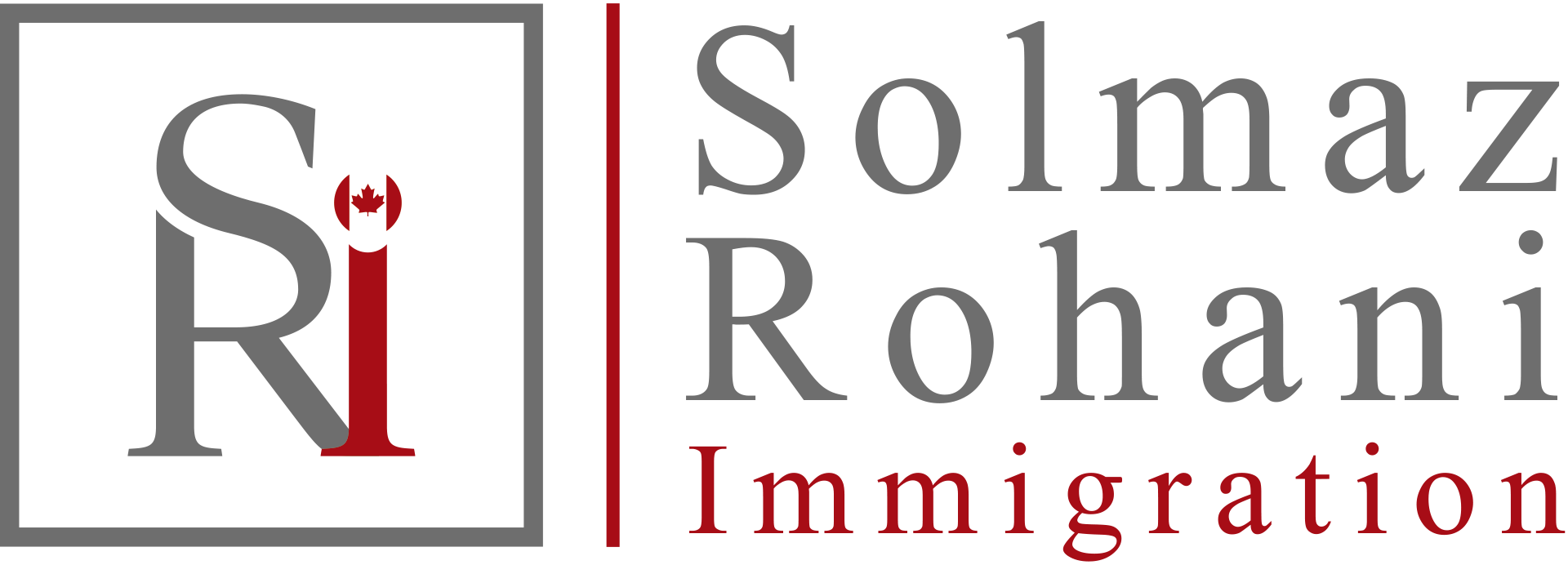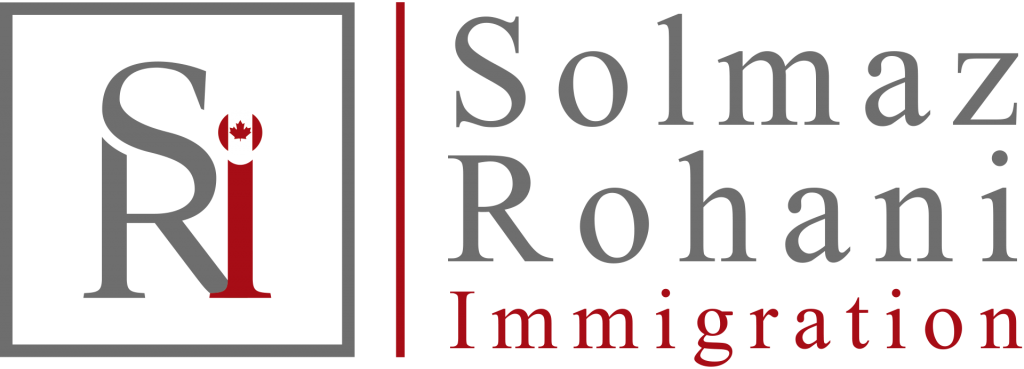Permanent residents of Canada who have fulfilled the requirements to apply for citizenship will benefit from the expert guidance of our office to best ensure the quick success of their application. We have years of experience dealing with highly complex citizenship matters and offer unparalleled expertise to those applying for Canadian citizenship.
Canadian citizenship is obtained automatically by being born in Canada, or by descent where a parent is a first-generation Canadian citizen. In the case of permanent residents, citizenship may be applied for after living in Canada for a specified residency period.
Citizenship Applications
Permanent residents of Canada may apply for Canadian citizenship after residing in Canada for a minimum legally-specified period of time. This manner of obtaining citizenship is referred to as “naturalization”. The children of naturalized Canadian citizens will also automatically obtain citizenship even if they are born abroad.
Canada allows dual citizenship, so those permanent residents who obtain Canadian citizenship can also keep their original citizenship, provided that the laws of the other country also allow dual citizenship.
Applying for Citizenship – the Residency Requirement
Permanent residents of Canada who wish to apply for Canadian citizenship must first meet a residency requirement. The Citizenship Act requires that a permanent resident be physically present in Canada for at least three years in the five-year period before they apply. Time spent in Canada as a legal temporary resident prior to obtaining permanent residence will be counted as half time up to a maximum of 365 days within the five-year period. Also, the permanent resident must have filed an income tax return in Canada for at least three years within the five-year period, if required to do so under the Income Tax Act.
Knowledge of Canada Test
Those who have filed a citizenship application will be required to attend and pass a knowledge of Canada test. A permanent resident applying for citizenship who is under the age of 55 or over the age of 17 must show an adequate knowledge of Canada.
The knowledge test is based on the information in a government booklet called Discover Canada: The Rights and Responsibilities of Citizenship. This booklet will be provided to each citizenship applicant in advance of the test. It contains brief introductory information about the history of Canada and its social and political structure, etc. The test will be administered in writing and has 20 multiple-choice questions. The pass mark is 15 correct answers. If the applicant fails the test, he or she will be given an opportunity to re-write it. If the applicant fails again, they will be given an interview with a citizenship officer who will conduct the test once more orally.
CITIZENSHIP INTERVIEW
In instances where a Residency Questionnaire has been issued but after considering the additional information the citizenship authorities are still uncertain as to whether the applicant is meeting the residency requirement, they will then convoke the applicant for an interview with a Citizenship Judge. The Judge will interview the applicant about any concerns related to his or her absences from Canada and the documentation used as evidence, and based on this will make a final decision as to whether citizenship should be granted.
The Minister of Citizenship and Immigration has the discretion to grant citizenship to alleviate cases of special and unusual hardship, or to reward services of exceptional value to Canada. Statelessness has been added as a stand-alone ground that can be a basis for a discretionary grant of citizenship. The revised Act also requires that the citizenship authorities take into consideration reasonable measures to accommodate a person who is disabled. These provisions can be invoked in situations where a citizenship application is unable to meet all of the requirements for citizenship due to special circumstances where it would result in a hardship to the applicant if citizenship is not granted, or where an applicant is stateless or disabled.
CITIZENSHIP REVOCATION
Naturalised Canadian citizens can lose their Canadian citizenship if they obtained it by fraud either in the citizenship application process or in the process of obtaining their permanent residence.
Naturalised Canadian citizens can lose their Canadian citizenship if they obtained it by fraud either in the citizenship application process or in the process of obtaining their permanent residence. Those suspected of having obtained their citizenship by fraud will be given due process before their citizenship is revoked. This would mean, at a minimum, notice of the allegations against them and disclosure of the evidence against them, and an opportunity to respond to the same orally or in writing before a final decision is made. The process will be initiated by the Minister of Citizenship and Immigration, but the final decision whether to revoke citizenship or not will be made by the Federal Court.
Before initiating revocation proceedings the Citizenship Authorities will typically send them a “Request for Information Letter” setting out the allegations against the citizen in concise form and providing them with 30 days to respond. Based on the response, the Citizenship Authorities will decide whether to begin the formal process of revoking citizenship.
The revocation process now includes an additional step where the IRCC officials will review all the submitted cases and decide whether to continue with the proceedings or forward it to the Federal Court for a decision to be made. Individuals who prefer to have the immigration minister decide the case can later request the Federal Court to review the minister’s decision. One of the factors that the IRCC has to decide is whether despite any fraud or misrepresentation in the citizenship process, whether there exist personal circumstances that warrant not revoking citizenship, including the best interests of any child affected by the decision, and whether the decision could render the citizen stateless. Previously, the immigration minister was the decision maker for citizenship revocation cases that involved false representation and fraud. The Federal Court mostly handled cases that involved fraud and knowingly concealing material circumstances related to organized crime, rights violation, and security. With these new changes, the Federal Court will now be the decision maker for all citizenship revocation cases unless the individual requests for the case to be heard by the minister.
The effect of revocation will depend on where the fraud was. Those who perpetrated a fraud in the citizenship application process will lose their citizenship and revert to being permanent residents. However, those who perpetrated a fraud in the process of obtaining their permanent residence will lose both their citizenship and their permanent residence and will revert to being foreign nationals, or in some cases, will be rendered stateless. Those who lose all status will then be subject to removal proceedings. More changes are expected to be enforced later in 2018 including authorizing citizenship officers to seize fraudulent or suspected fraudulent documents. Additional changes are being recommended to Bill C-6 to further improve and protect the rights of citizens in the revocation process. If you are going through citizenship revocation process and need the help of an experienced immigration consultant, contact us.
Residency Questionnaires
In some cases the citizenship authorities may not be satisfied that the applicant has met the residency requirement to qualify for citizenship. In such instances they will issue a Residency Questionnaire to the applicant requiring them to provide additional information and documentation to establish that they have been in Canada for the required period. The documentary requirements of a Residency Questionnaire can be quite daunting and onerous, and it is to be expected that the processing of the Questionnaire will result in a significant delay in the processing of the citizenship application.



